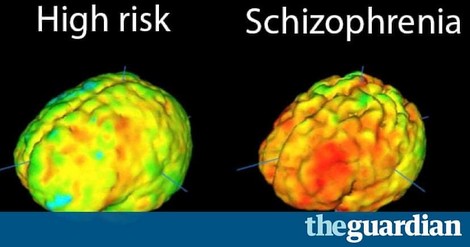Your podcast discovery platform
Curious minds select the most fascinating podcasts from around the world. Discover hand-piqd audio recommendations on your favorite topics.

piqer for: Global finds Health and Sanity Doing Good
Bangalore-based Rashmi Vasudeva's journalism has appeared in many Indian and international publications over the past decade. A features writer with over nine years of experience heading a health and fitness supplement in a mainstream Indian newspaper, her niche areas include health, wellness, fitness, food, nutrition and Indian classical Arts.
Her articles have appeared in various publications including Mint-Wall Street Journal, The Hindu, Deccan Herald (mainstream South Indian newspaper), Smart Life (Health magazine from the Malayala Manorama Group of publications), YourStory (India's media technology platform for entrepreneurs), Avantika (a noir arts and theatre magazine), ZDF (a German public broadcasting company) and others.
In 2006, she was awarded the British Print-Chevening scholarship to pursue a short-term course in new-age journalism at the University of Westminster, U.K. With a double Masters in Globalisation and Media Studies from Aarhus Universitet (Denmark), University of Amsterdam and Swansea University in Wales, U.K., she has also dabbled in academics, travel writing and socio-cultural studies. Mother to a frisky toddler, she hums 'wheels on the bus' while working and keeps a beady eye on the aforementioned toddler's antics.
The Brain Is Not A Privileged Organ – Says The Immune System
This is big news for many reasons. Not only is this the most ambitious new trial in schizophrenia treatment in recent years but also further proof (if it was needed) that our immune system is at the heart of many of our illnesses.
Or as this article says, Descartes was wrong. The mind and the body are not separate entities – there exists no ‘blood-brain barrier’ that separates our brain from the immune system – a persistent belief that has led many a scientist into research dead-ends.
And it is not just about schizophrenia. A range of mental disorders from depression to dementia is increasingly being linked to our immune activity.
Evidence has been converging from several fields that immune cells in the brain play a significant role in causing schizophrenia by going into a sort of overdrive. The trial takes off from this point; the first patient was treated at King's Hospital, London last week. In the next two years, 30 patients will be injected with an antibody drug that is currently used to treat multiple sclerosis. The team of British researchers lead by Oliver Howes, a professor of molecular psychiatry, hopes this drug will be better able to target the root causes of schizophrenia as well as help them understand the biology of the illness in a more thorough manner. This is because the current drugs used to treat the illness only block dopamine to bring psychotic symptoms under control but do nothing to protect the brain from structural damage.
Why this particular trial assumes greater significance is because it hints at a massive change in the way scientists are looking at mental illnesses. As Howes says, “it's challenging the idea that the brain is this separate privileged organ.”
